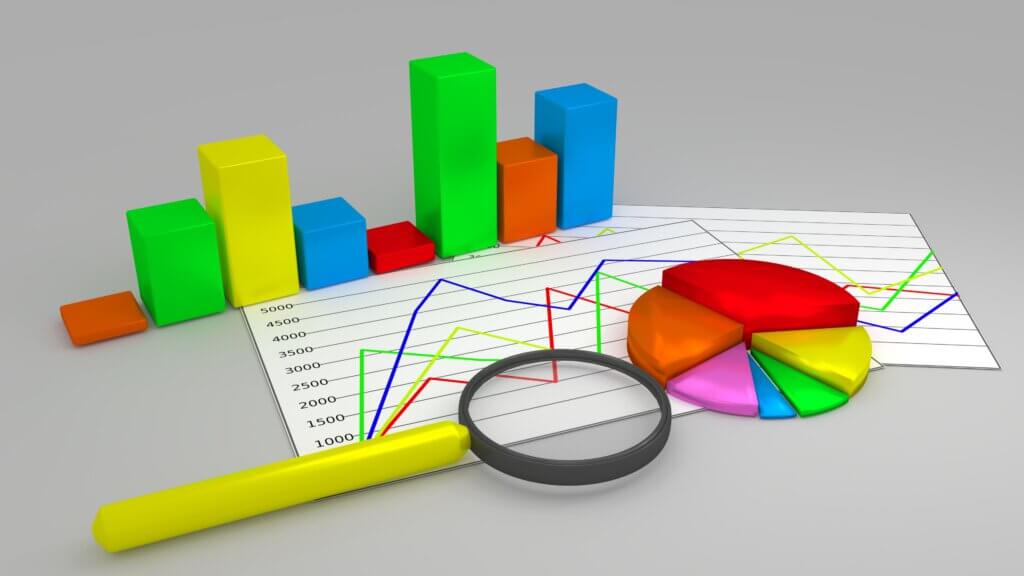
Economic forecasts are often off the mark. As current examples show, interested parties should also pay attention to other signals.
Sometimes it is better to rely on common sense. Swiss companies are currently often operating at the limits of their capacity. With a few exceptions, they are all desperately looking for staff.
And the coronavirus pandemic and the associated restrictions and logistics problems are increasingly resolving themselves.
Escaping the media hype
So how should the economy evolve in the face of these facts? Exactly. Good to very good. But economists and also numerous media outlets can hardly find an end to beating a negative drum at the moment.
This is probably because lurid headlines sell better than a report that everything is ‘on track’ so far.
The best example of this are the KOF statements. The so-called KOF economic barometer fell in October by 1.3 points to 90.9 points, as the economic research institute at ETH Zurich announced on Friday.
Chief says otherwise
The indicator has continued to weaken monthly since June and is below its long-term average for the sixth month in a row, it stated. This would clearly signal a slowdown in the economy.
But contrary to the leading indicator, economic researcher Jan-Egbert Sturm said just two weeks ago that he saw no danger of recession for Switzerland.
“Assuming that the energy bottlenecks in the coming winter months will not be disastrous, I rule out a recession in Switzerland,” the director of the Economic Research Center (KOF) of the ETH Zurich had told the “SonntagsZeitung“.
Same problems
But this does not only apply to macroeconomic forecasts in Switzerland.
Despite all the adversities such as the energy crisis and high inflation, the German economy grew surprisingly in the third quarter, numerous media reported on Friday. Gross domestic product (GDP) suddenly increased by 0.3 percent compared to the previous quarter, according to an initial estimate released by the German Federal Statistical Office on Friday.
Economists, on the other hand, had expected an average decline in economic output of 0.2 percent. Well, that’s how it can go.
Forecasts still predict growth for the German economy for 2022 as a whole. For the coming year as a whole, however, experts expect economic output to decline. Let’s wait and see.
Companies also affected
France’s economy also continued to grow over the summer. The gross domestic product (GDP) rose in the third quarter compared to the previous quarter by 0.2 percent, as the statistics office Insee announced on Friday in Paris. On average, economists were half in agreement on that.
But even at the company level the missteps in the forecasts often hit. The latest example is, for example, the reinsurer Swiss Re, which, according to analysts, should allegedly increase their dividend.
However, in view of scarce funds, Swiss Re CFO John Dacey categorically ruled out such a move last Friday, as was also reported by muula.ch.
Leading indicators jump up
Things are really going well at many companies at the moment, with results rising by double digits, again reported by muula.ch.
In view of the gigantic increases in sales and profits, a recession is hardly to be feared, even if the growth rates should decline again in the future.
Managing expectations
The problem with all these forecasts is that politicians as well as company and financial managers like to provide economists with additional information and can therefore influence expectations.
If exactly these people are then above expectations, practically everyone rejoices. However, the economists ruin their reputation in the long run, just as hardly anyone really believes the weather forecasts anymore.
10/28/2022/kut./ena.




